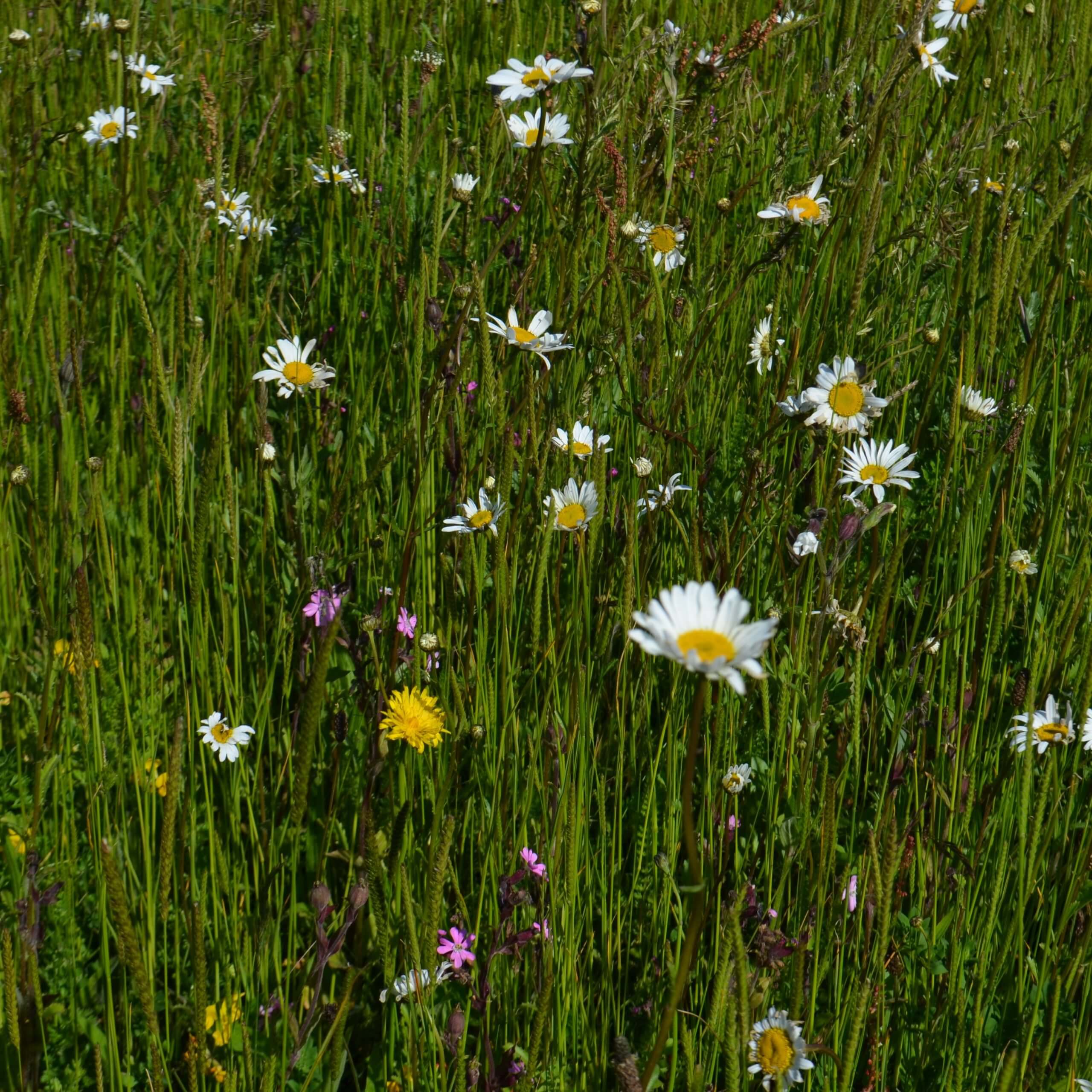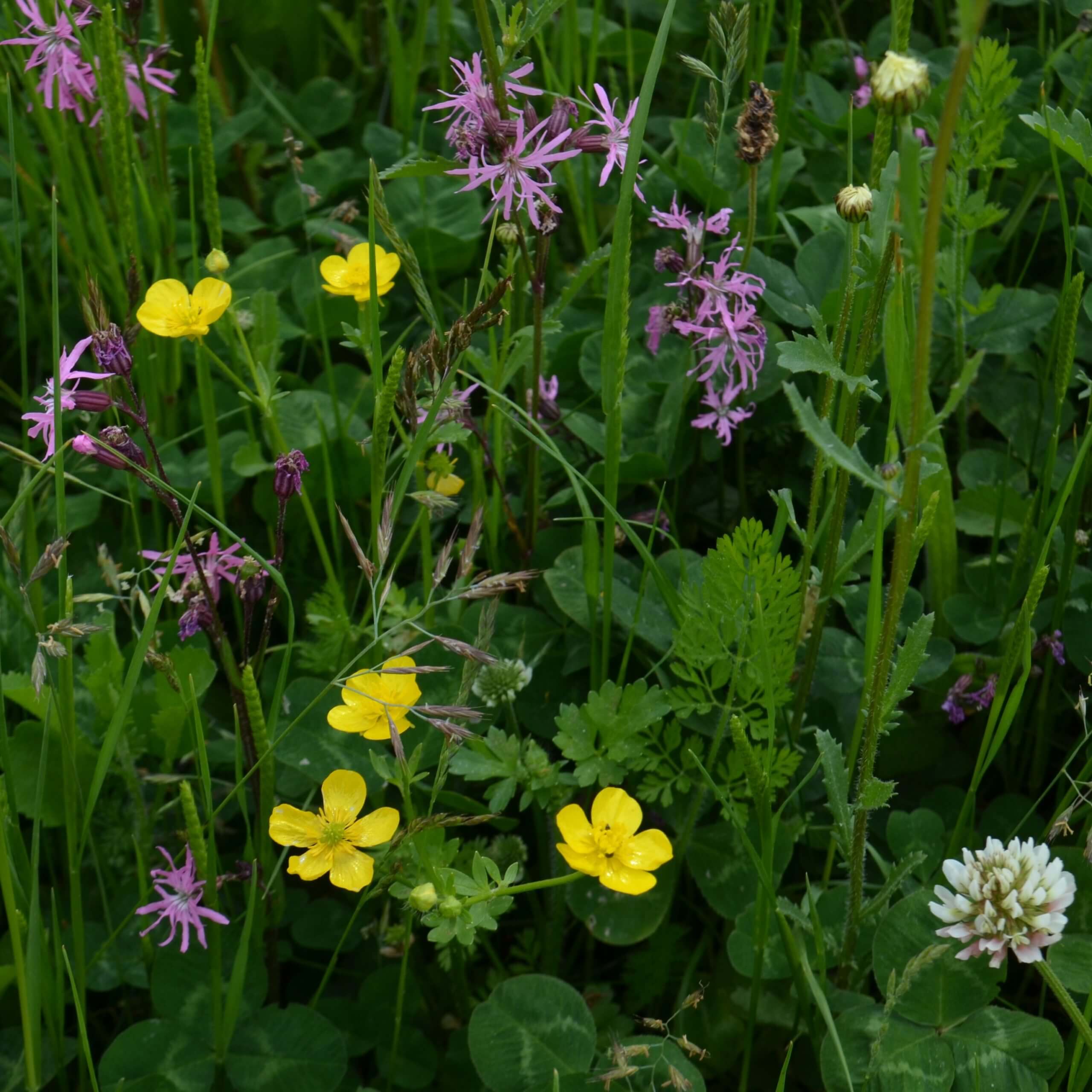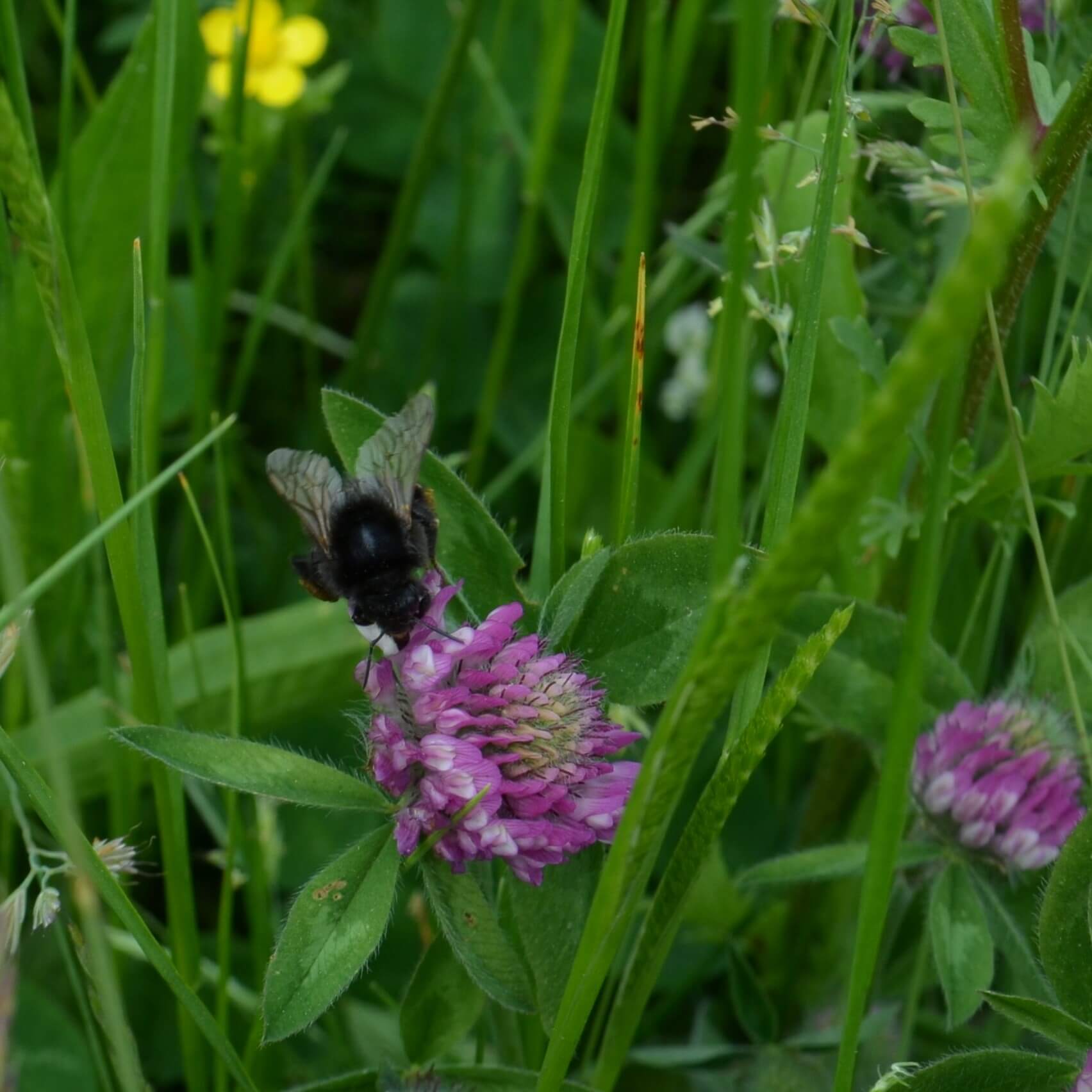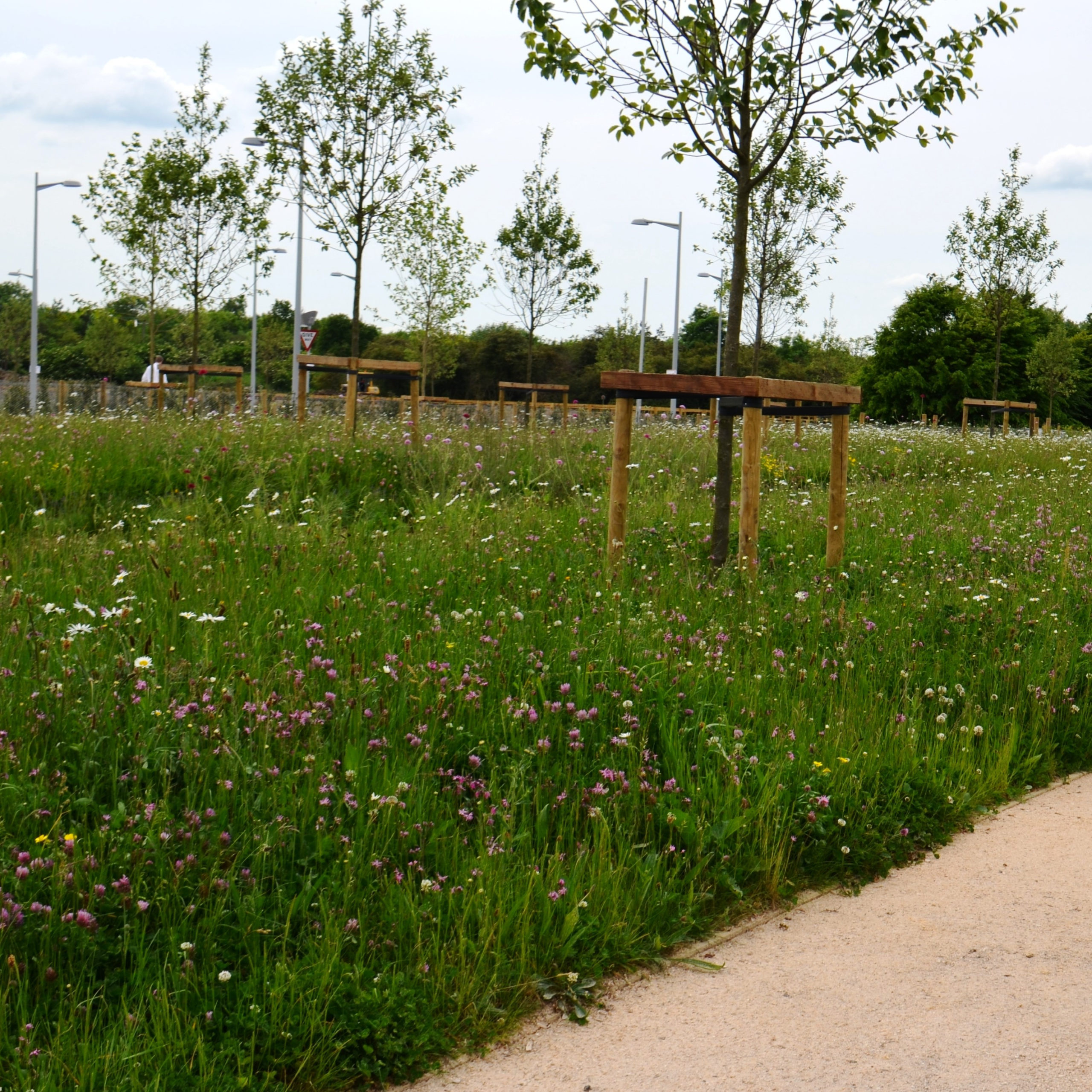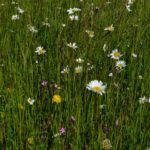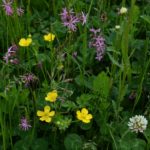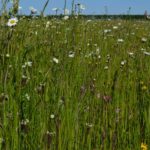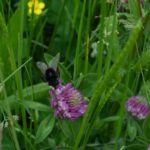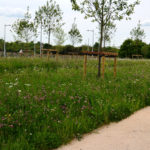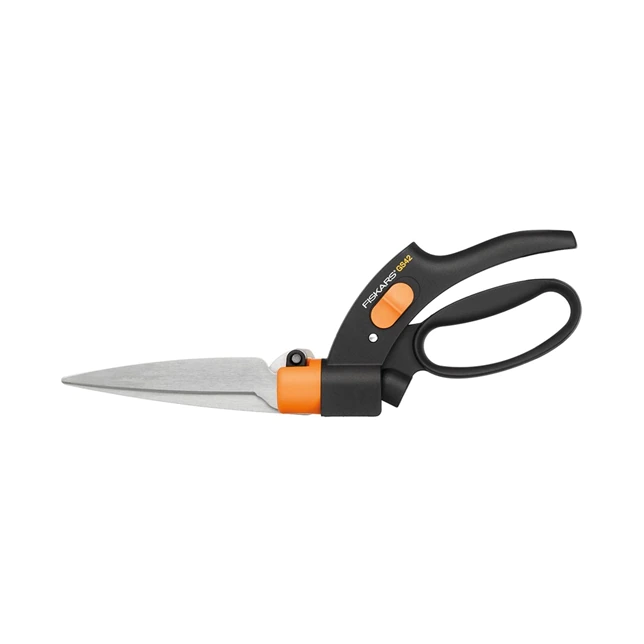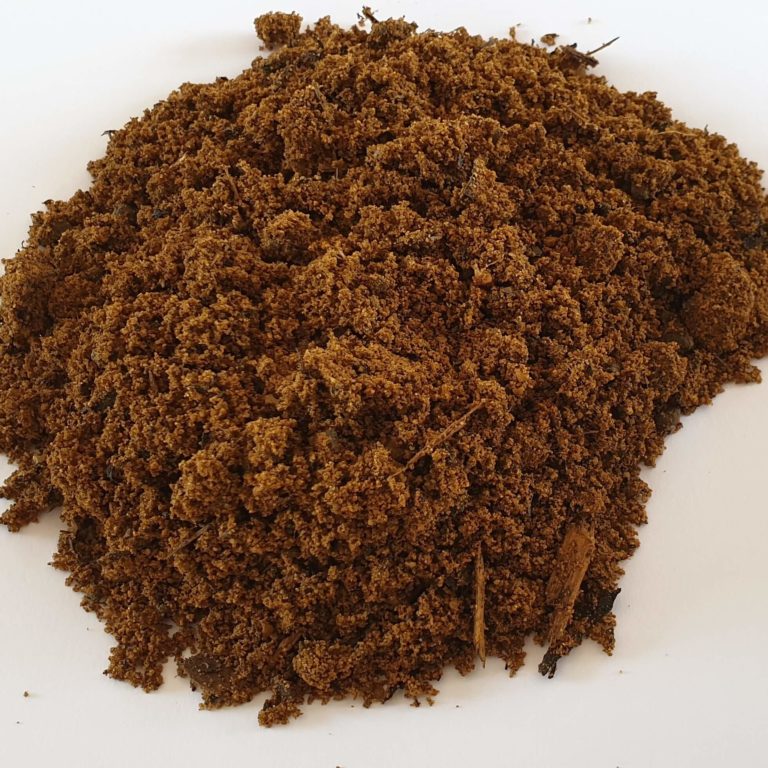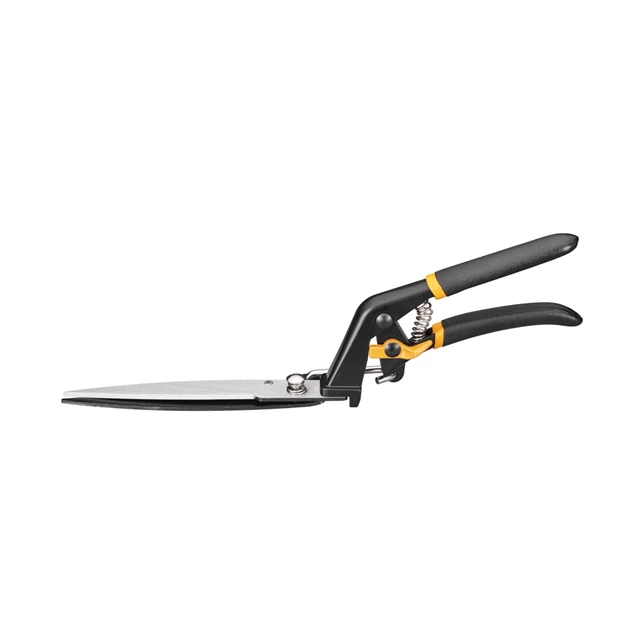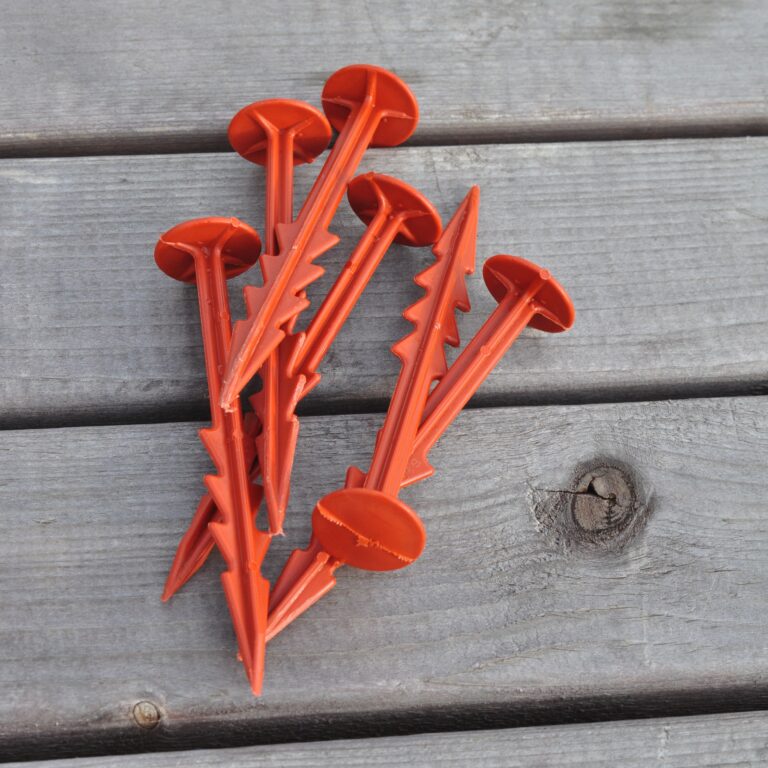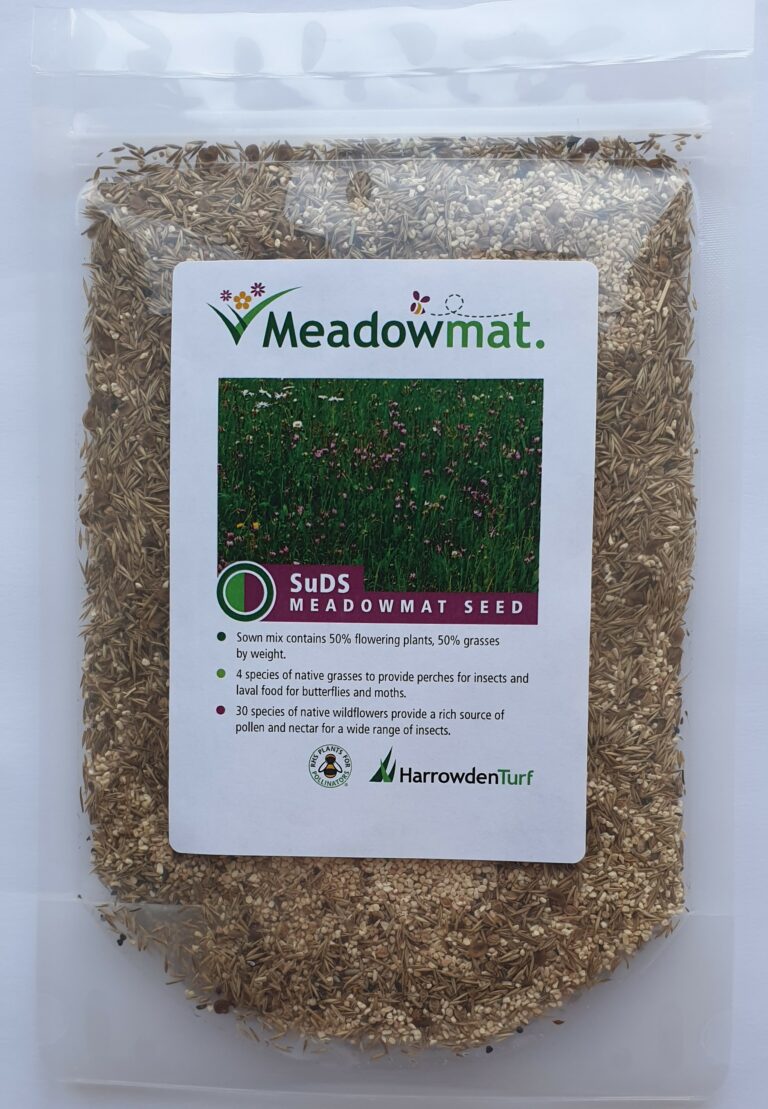SuDS and Slopes
SuDS and Slopes is wildflower turf that blends of 34 UK-native species and grasses that enjoy a low maintenance care regime. Strongly rooted grasses aid soil stabilisation whilst flowering plants bring an extra layer of attractiveness.
Ideal for slopes, banks, damp soils and the margins of ponds, streams or ‘Sustainable Urban Drainage Systems’ (SuDS), SuDS and Slopes offers a real boost to biodiversity in wildflower turf areas. Insects, amphibians, small mammals and birds truly appreciate this wonderful source of food and shelter. And because it needs no chemical treatments, artificial fertilisers or frequent cutting it creates wonderful wildlife habitat. Please note this product does need low fertility soil.
Key Points
-
- Perennial plants – no need to over-seed, repopulate or replant (unless you want to).
- Very easy to install – the ground stabilising blanket is pre-populated with living plants. Simply place each slab on prepared ground, peg down, water and walk away. Keep irrigated until plants are well established.
- Quick to establish. The combination of our wildflower turf matting system and choice of vigorous rooting plants will immediately start to stabilise soil on banks and slopes.
- High proportion of flowering plants compared with rush or sedge based stabilisation solutions.
- Flowering Time: May – July (depending on local weather conditions).
SuDS and Slopes is mown before despatch to minimise damage to plants. It will not be in flower when it is delivered.
- It takes two slabs of SuDS and Slopes to cover 1 square metre of prepared soil and weighs up to 25Kg. So, we recommend having two people to install it.
- Your SuDS and Slopes will change appearance from year to year. The species mix is influenced by microclimate, weather conditions and the creatures that visit regularly. It’s a truly biodiverse and adaptable product.
What is SuDS and Slopes?
The Meadowmat® range of wildflower turf products from Turfonline are landscaping materials used to establish dense planting very quickly. Some would describe Meadowmat® wildflower turf as a slab of wildflowers for your garden but we think it’s much more than that. And SuDS and Slopes is a prime example.
SuDS and Slopes combines the needs of engineers with those of ecologists. A layer of biodegradable geotextile (coir based) allows fast “planting” and establishment of a diverse mix of plant species. It starts working from the moment it is placed on the ground and its effects continue to improve. The planted layer immediately reduces any erosion from rainfall and as roots establish and develop the soil is further stabilised. At the same time, the vegetation attracts and supports a wide range of fauna.
Maintenance
The maintenance regime for SuDS and Slopes is uncomplicated and fits easily with Health and Safety practice. Simply mow once a year and remove all of the clippings. All species in SuDS and Slopes are non-toxic. This product lends itself to grazing by sheep, goats, geese or other animals – it’s a wonderful conservation product.
Detailed information on installing and maintaining SuDS and Slopes is available in the “Help & Advice” section of our website.
Coverage
Each slab of SuDS and Slopes measures 500mm (19.6″) wide by 1000mm (39.2″) long so it takes two slabs to cover 1m².
Please note this product is sold per square metre.
Want to grow your own from Seed?
The mix of wildflowers found in SuDS and Slopes Meadowmat Wildflower Turf is also available as a seed mix – if you would like to grow your own from scratch or you just want to add some extra colour.
What’s In SuDS and Slopes Wildflower Turf?
Please note, percentages refer to the weight of the seed in the growing mix and do not necessarily reflect the proportions of mature plants
50% Native Grasses
To stabilise soil on slopes and to provide shelter for insects, food for birds and perches for butterflies:
| Sheep’s Fescue | Slender Creeping Red Fescue |
| Crested Dogstail | Small Leaved Timothy |
50% Native Wildflowers
For more information about each flower, or to purchase more of the individual species, click on the links below
| Autumn Hawkbit | Read More | Buy More |
| Betony | Read More | Buy More |
| Birdsfoot Trefoil | Read More | Buy More |
| Bladder Campion | Read More | Buy More |
| Catsear | Read More | Buy More |
| Common Knapweed | Read More | Buy More |
| Common Sorrel | Read More | Buy More |
| Common St Johns Wort | Read More | Buy More |
| Common Toadflax | Read More | Buy More |
| Common Vetch | Read More | Buy More |
| Cowslip | Read More | Buy More |
| Daisy | Read More | Buy More |
| Field Scabious | Read More | Buy More |
| Lady’s Bedstraw | Read More | Buy More |
| Meadow Buttercup | Read More | Buy More |
| Meadow Cranesbill | Read More | Buy More |
| Meadowsweet | Read More | Buy More |
| Musk Mallow | Read More | Buy More |
| Ragged Robin | Read More | Buy More |
| Red Campion | Read More | Buy More |
| Red Clover | Read More | Buy More |
| Ribwort Plantain | Read More | Buy More |
| Rough Hawkbit | Read More | Buy More |
| Salad Burnet | Read More | Buy More |
| Selfheal | Read More | Buy More |
| Tufted Vetch | Read More | Buy More |
| White Campion | Read More | Buy More |
| Wild Carrot | Read More | Buy More |
| Wild Marjoram | Read More | Buy More |
| Yarrow | Read More | Buy More |
| Yellow Rattle | Read More | Buy More |
Perishable living products should be installed on the day of delivery. In the unlikely event that your product does not arrive in good condition please get in touch immediately with photos showing the issue.
The actual percentage of each species contained may vary due to environmental factors. Turfonline makes every effort to ensure wildflower products are free from weeds and pests, however due to the natural way in which these products are grown we cannot guarantee they are 100% pest free on delivery. It is unlikely that you will see every species that is listed. The variation of species present has been developed to suit a wide variety of soils and environmental conditions. This will result in a product that will adapt to individual settings which may mean some species are more successful than others. Contains annual and perennial species. If installed after March many species may not flower during the first year.
